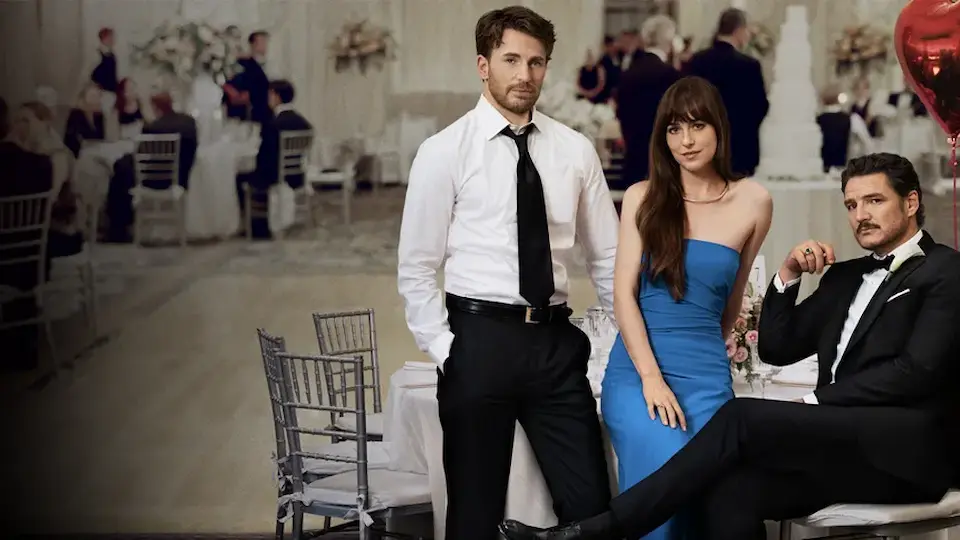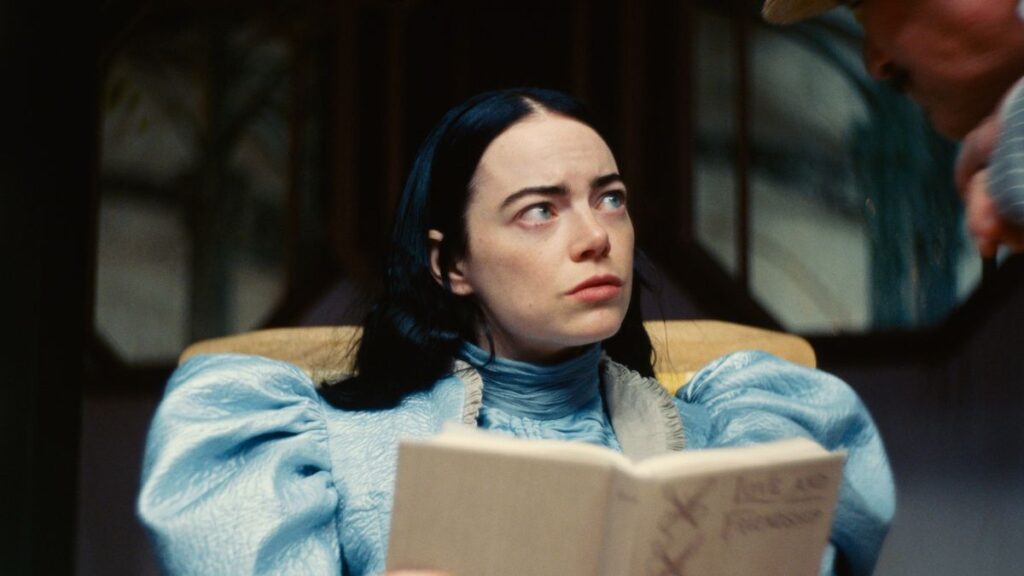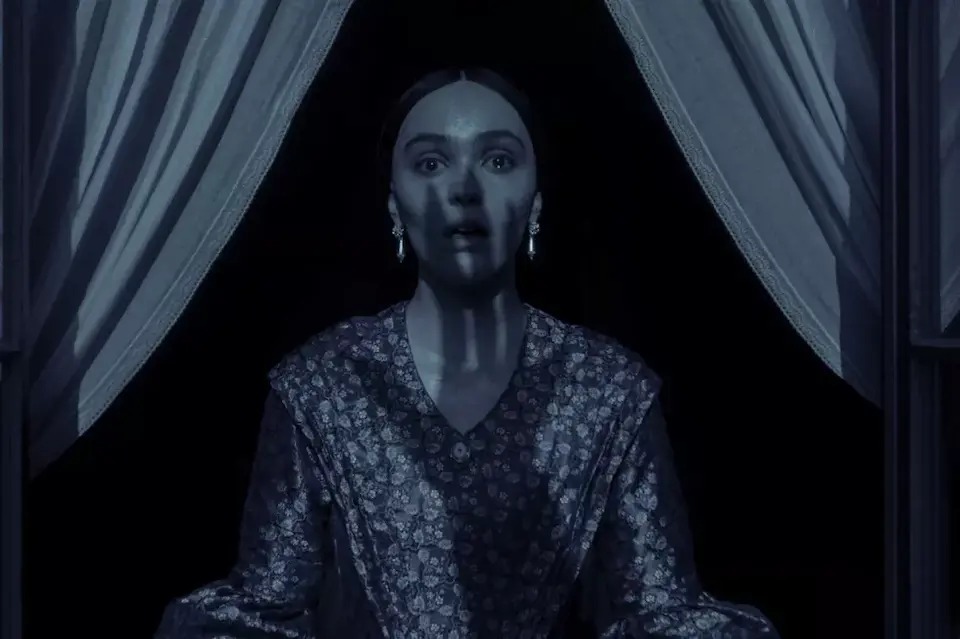“If” and the Return of Family Entertainment
Written and directed by John Krasinski, If reminds us of the magic of childhood and the impact imagination has on our lives.
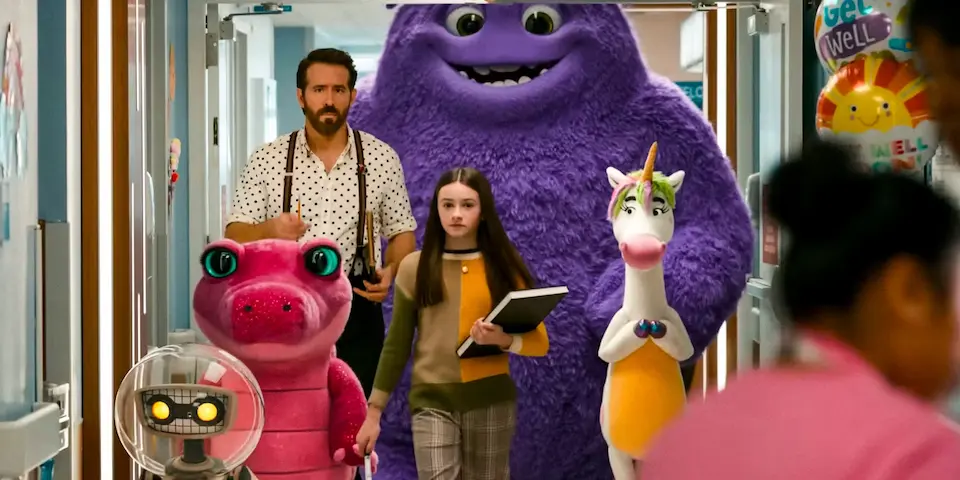
Summary
With the objective of accompanying her dad, who is set to undergo a risky surgery, 12-year-old Bea (Cailey Fleming) arrives at her grandmother’s New York apartment. What seems to be a pretty sad trip turns into an adventure when she realizes she has a hidden talent: she can see everybody’s imaginary friends. Helped by Cal (Ryan Reynolds), a strange neighbor with the same power, Bea devotes herself to the task of finding new humans for every “if” that has been left behind.
Live-Action and Animation Bring the Story to Life
There are some things here that are enjoyable.
For starters, the animation is really nice to watch. All the imaginary friends are cute and colorful, and it merges well with the live action. The soundtrack was composed by the great Michael Giaccino, so it’s as good as you can expect. There are no complaints about that.
I liked most of the actors, from the main cast, to the ones who gave their voice to one of the Ifs, like Steve Carell or Emily Blunt.
Cailey Fleming is fine as Bea. I felt happy that the protagonist was not a brat, as is usual in films featuring kids and teens these days. But some things about her story just don’t make sense.
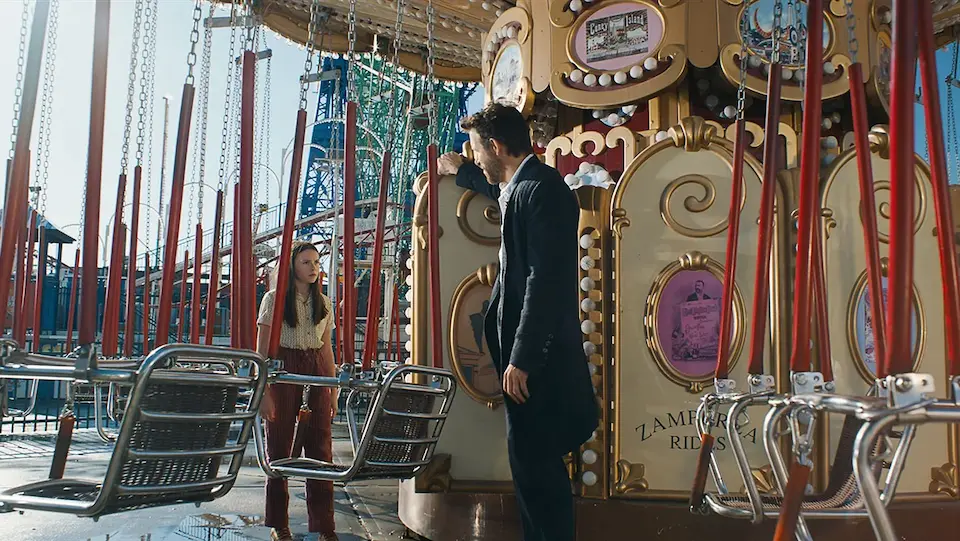
I understand that, after her mother’s death and being forced to confront the idea that her father could be gone too, Bea has grown up fast. She doesn’t feel like a child anymore, and she has become very self-sufficient. But still, her dad and grandmother let her walk around New York City alone? Sometimes at night? Her dad is at the hospital, sure, but doesn’t he care about what his twelve-year-old is doing during the day? Adults are not even worried about her, and as the film moves forward, she doesn’t seem to worry much about them either. John Krasinski was really charming as the dad, but that father-daughter relationship needed more development.
Focusing so much on the adventure and adding so many magical elements at once, makes the rhythm of the story falter from time to time. There is no room left to explore Bea’s feelings and give her some necessary depth.
As usual, the main problems come from the script.
Imaginary Friends (Ifs): A Worn-Out Idea?
One of the criticisms I’ve heard regarding this film is its similarity to the animated TV series Foster’s Home for Imaginary Friends. In the world of that show, all the imaginary friends take on a physical form (that is, they are not invisible), and the ones who are abandoned can live at a kind of orphanage until another kid adopts them. Even though Foster’s Home has its years, it was pretty popular in its time, and it’s impossible not to suspect that Krasinski may have taken some inspiration from it.
Personally, I don’t believe the concept of the imaginary friends as some magical connection to childhood doesn’t work anymore, but maybe it is in need of something more innovative than what If can provide.
Some kids make up an imaginary friend because they feel alone, or to fight something they are scared of. Those creatures are attached to their kids’ dreams and their ideas of how the world works. The things we went through as children never truly leave us, and sometimes it takes a conscious effort on the part of an adult to get over the pain experienced growing up.
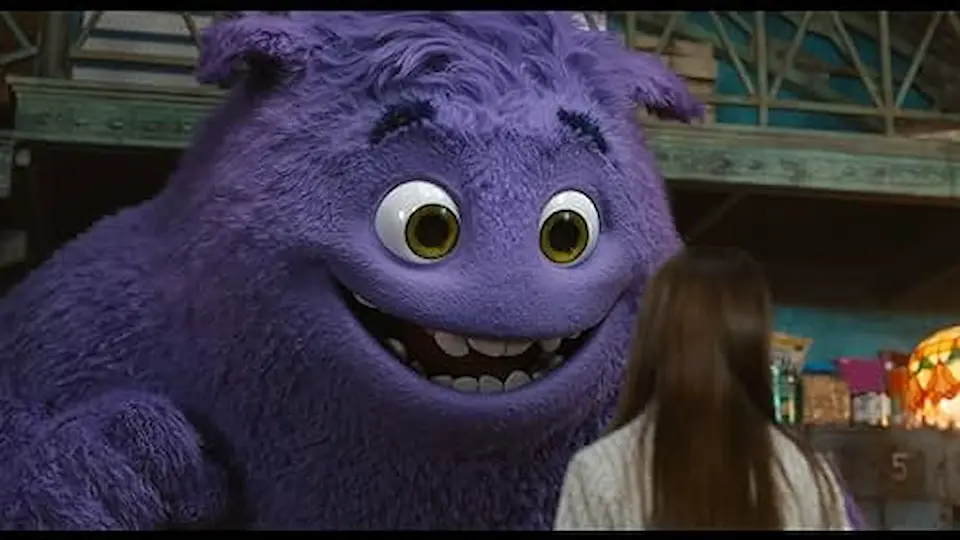
So it seemed poetic to me that, even though the Ifs can’t talk to their former kids, they can be present for them and fulfill the purpose they were created for. The glow that takes over an If when they reconnect with their owner is a visual sign of that and marks some of the most emotional moments of the story.
And that is why one of the things I disliked was that all the human characters end up seeing and talking to their Ifs in the final scenes. It contradicts what was previously established and takes the magic away from it.
But I’m not going to be so hard on this film for one simple reason: It feels like a symptom of change.
The Resurgence of Family Movies
In the past decade (and maybe even before that), good and old-school family films have slowly disappeared. There is plenty of content for kids, but not films that were meant to be seen by the whole family—the classic things companies like Disney were known and loved for. These days, I doubt most Disney projects are even suitable for children.
We have to say that this demographic has experienced a huge change. People in general are having fewer children, and the young kids, who are given an iPad before they can speak, are used to a faster and more stimulating kind of entertainment. I’ve also noticed there are no spaces or products made for young teens (let’s say kids between eleven and fourteen years old), which used to be part of the target of those family-oriented projects. It seems that now the youth go from Peppa Pig and Bluey to Euphoria, with nothing in between.
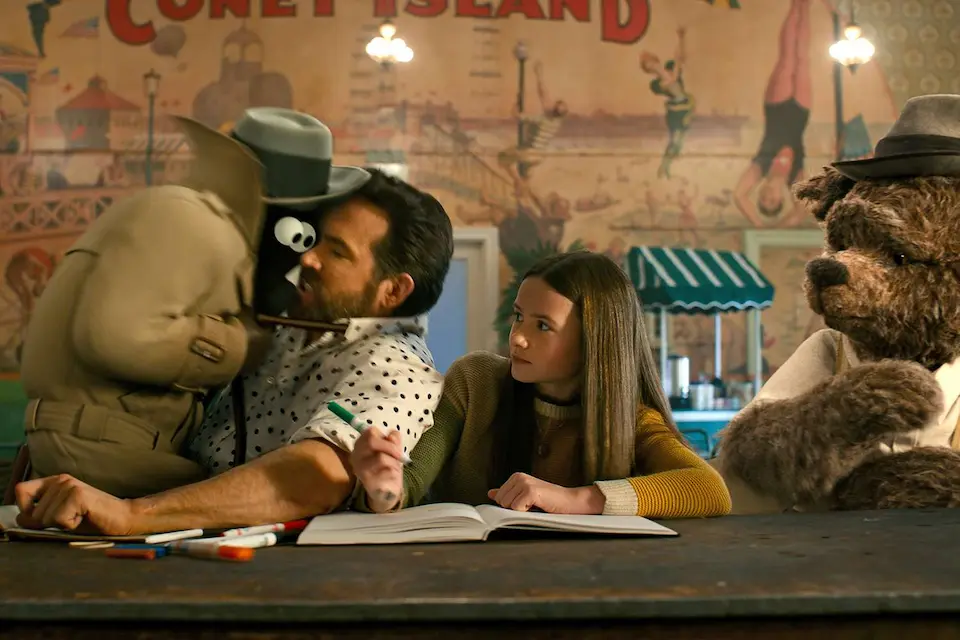
Films and TV shows are no longer planned for families as a unit but to cater to each member individually, leaving no place for connection.
Movies like If, and Wonka last year, are an attempt to appeal to that abandoned audience, by trying to recreate the same atmosphere and tone those projects used to have. I still feel a lack of soul, but I have modest hope moving forward.
They show that Hollywood is still failing, but at least trying. They seem to be reconsidering their approach, and I’m interested in seeing what comes out of that.
Box Office Results
With a reported budget of $110.000.000, If has only reached $112.000.000 globally in its first three weeks in theaters. While not a horrible number, it’s not enough to make ends meet. The critical response has been mixed, and I haven’t seen any particular interest from the audience, so I’m not sure Paramount will profit from it.
Would I recommend it? Maybe for children above eight or nine years old, someone younger would probably find it boring. And if you’re an adult who is going through a sensible moment, be prepared to cry. I spent half the movie weeping.
I’m far from believing If has enough potential to become some of those jewels we look back on fondly, but let’s think of it as a decent place to start the recovery.

